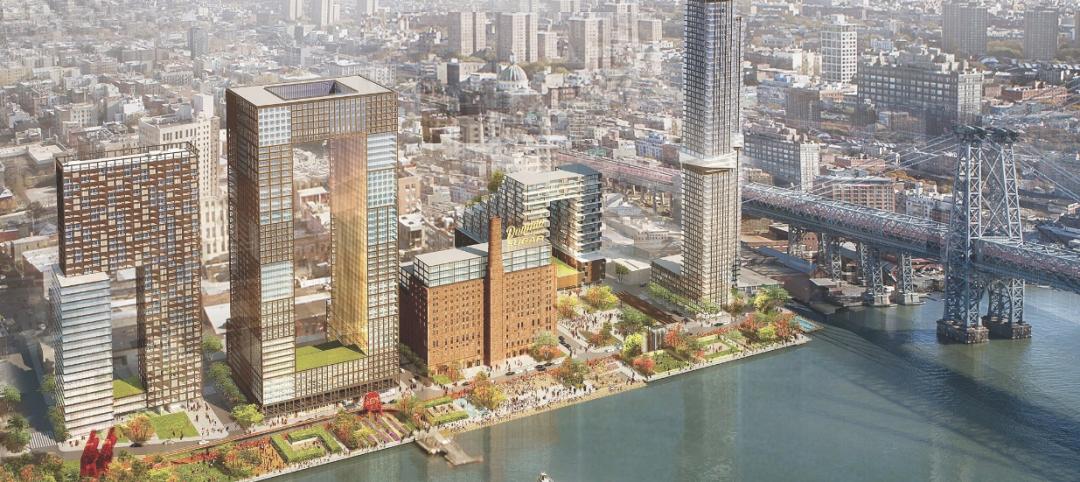New York City Mayor Bill de Blasio recently announced that $100 million would be spent to protect infrastructure in lower Manhattan from floods as a result of storms.
The measure is part of the city’s $20 billion resiliency plan that includes collaboration with the U.S. Army Corps of Engineers and other partners. This effort is already underway in other parts of the city that were heavily damaged as a result of Hurricane Sandy.
The funds are meant to address resiliency challenges such as coastal protection, storm water management, and housing resiliency. The newly announced funding is in addition to $15 million for Lower Manhattan resiliency that the city pledged in March 2015.
The investment will go towards the implementation of the integrated flood protection system around the southern tip of Lower Manhattan. “This new investment will continue to ensure that New York City is a global leader in protecting itself against the impacts of climate change, while strengthening our push to secure additional support from the U.S. Department of Housing and Urban Development,” de Blasio said.
Related Stories
Smart Buildings | Apr 28, 2014
Cities Alive: Arup report examines latest trends in urban green spaces
From vertical farming to glowing trees (yes, glowing trees), Arup engineers imagine the future of green infrastructure in cities across the world.
Smart Buildings | Jan 7, 2014
9 mega redevelopments poised to transform the urban landscape
Slowed by the recession—and often by protracted negotiations—some big redevelopment plans are now moving ahead. Here’s a sampling of nine major mixed-use projects throughout the country.
Smart Buildings | Sep 13, 2013
Chicago latest U.S. city to mandate building energy benchmarking
The Windy City is the latest U.S. city to enact legislation that mandates building energy benchmarking and disclosure for owners of large commercial and residential buildings.
Smart Buildings | Feb 14, 2013
Minneapolis joins energy benchmarking trend for commercial buildings
Minneapolis is the latest major metro to require large commercial buildings to benchmark and disclose their energy and water use.










